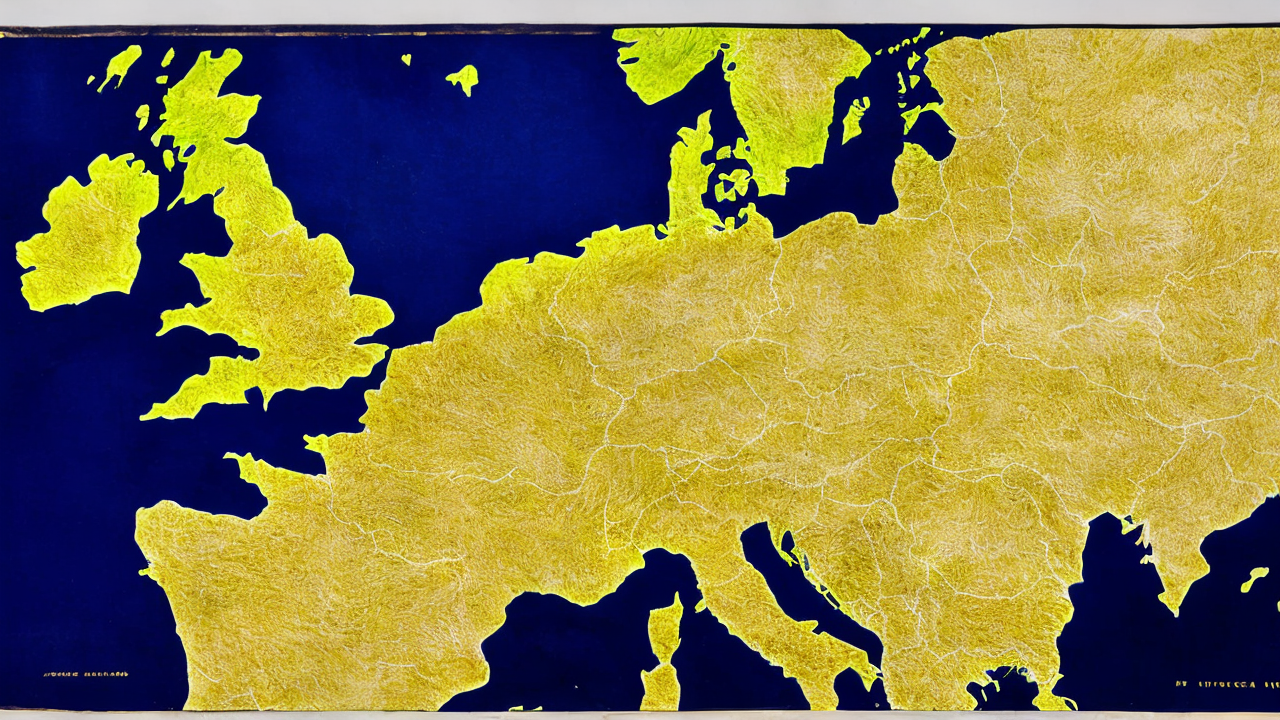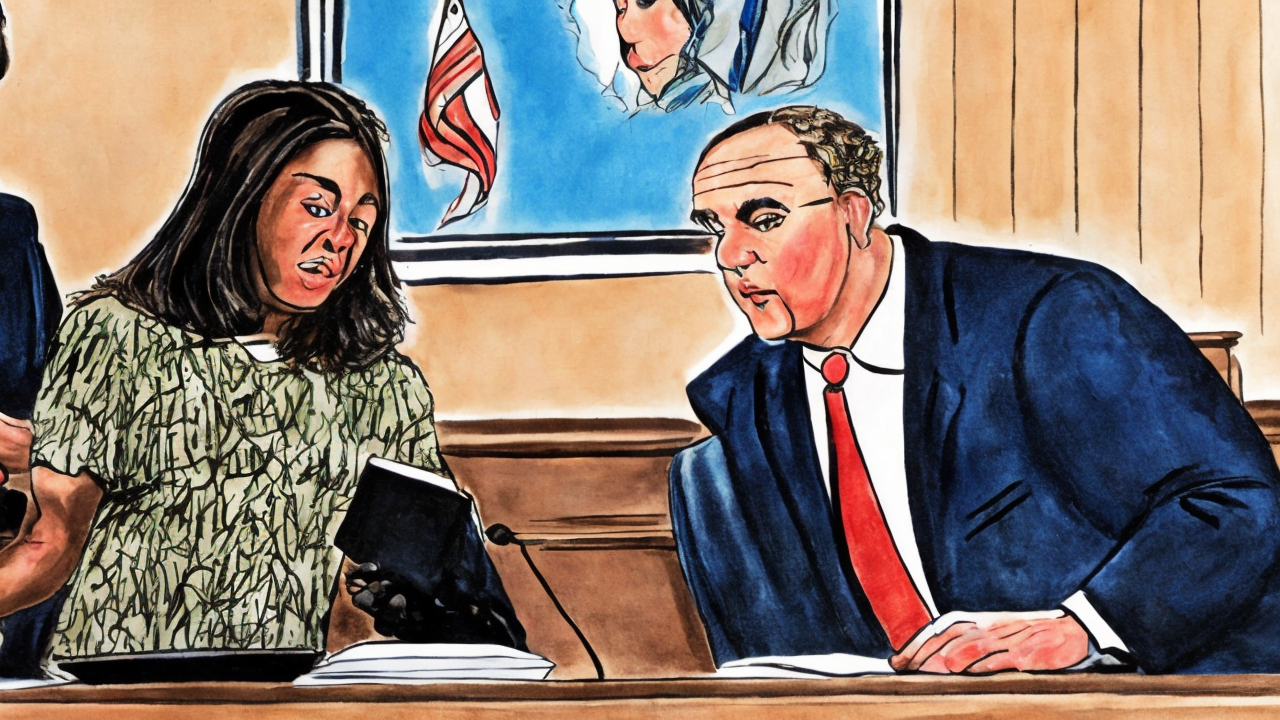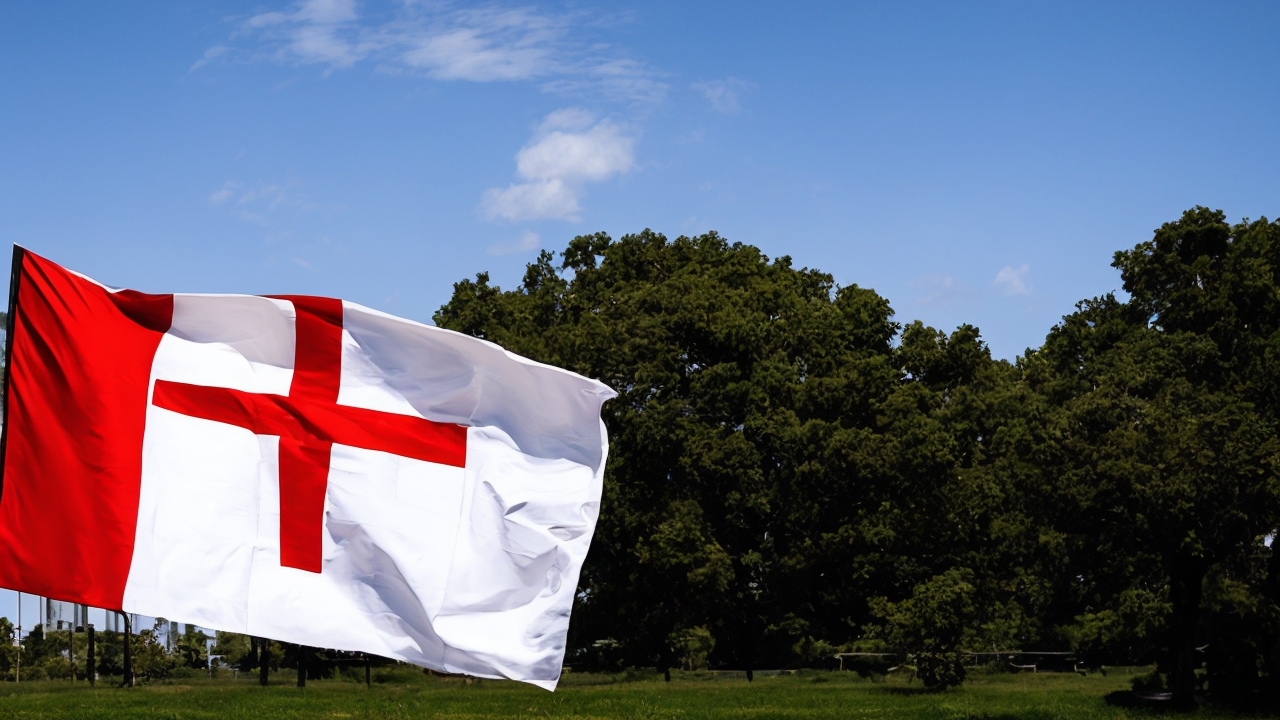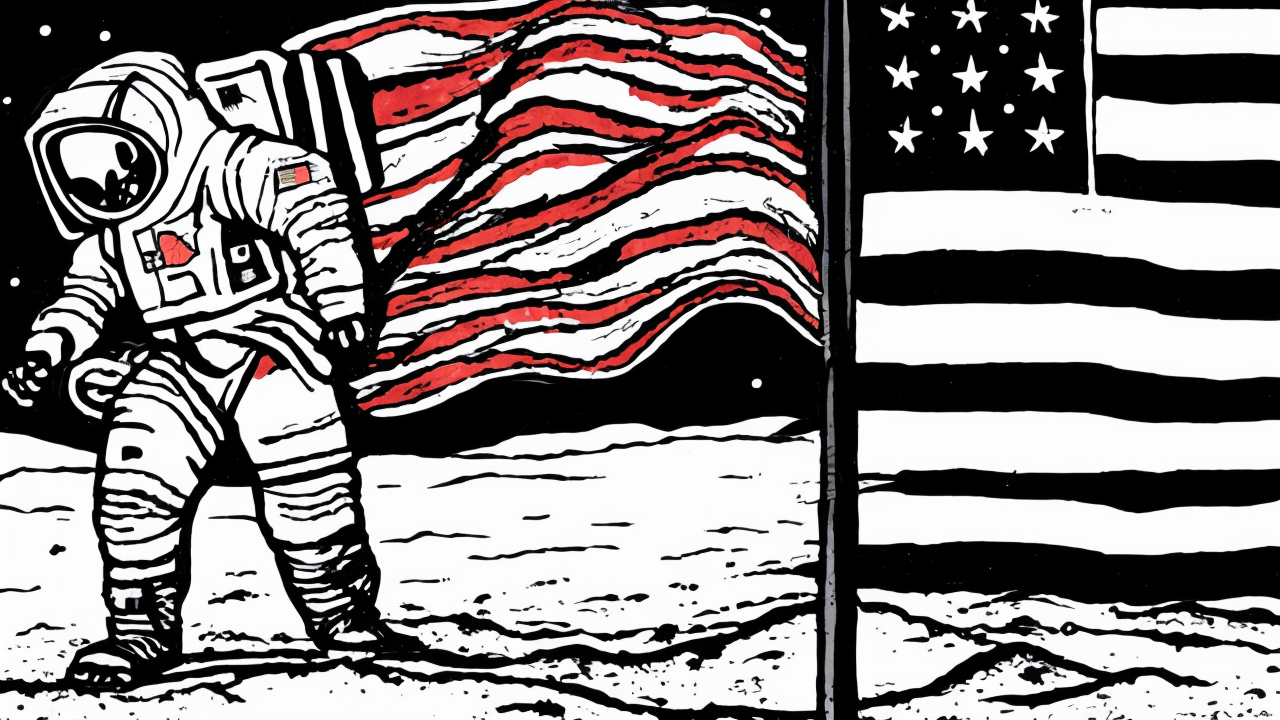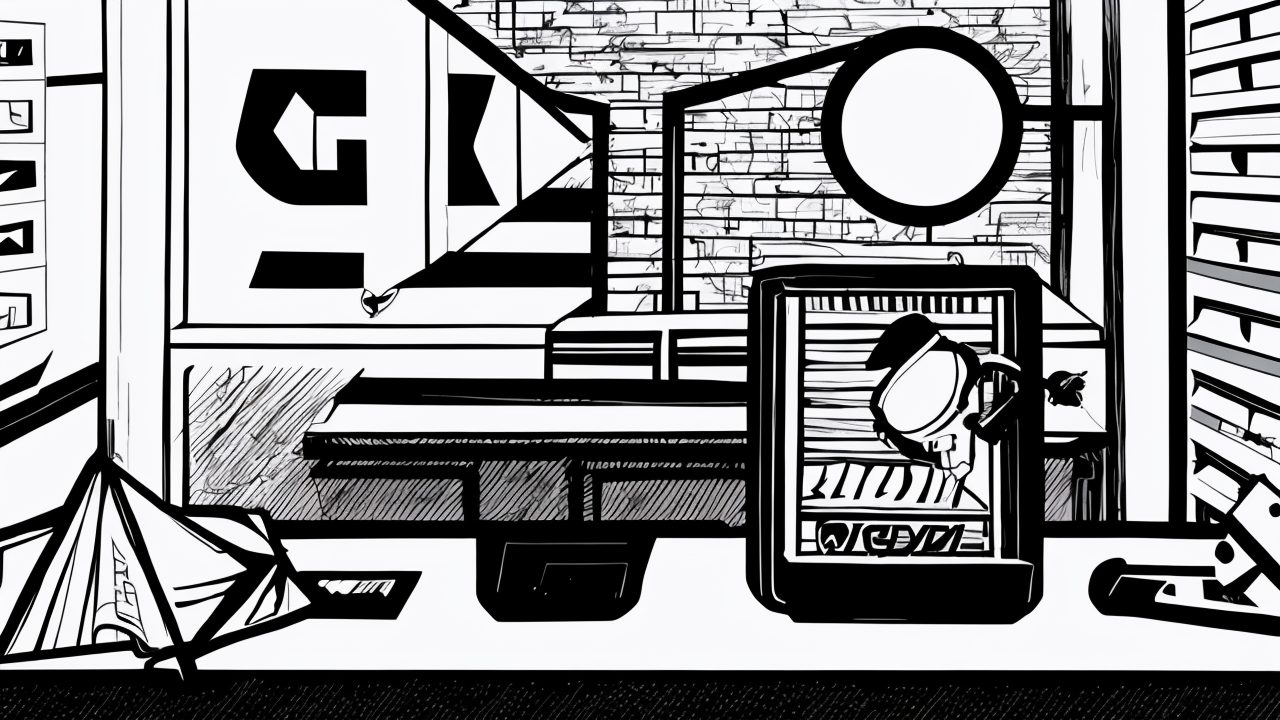Islamic Jihad Ideology Fuels Global Conflicts: Hebron Massacre and Al-Aqsa Intifada Linked
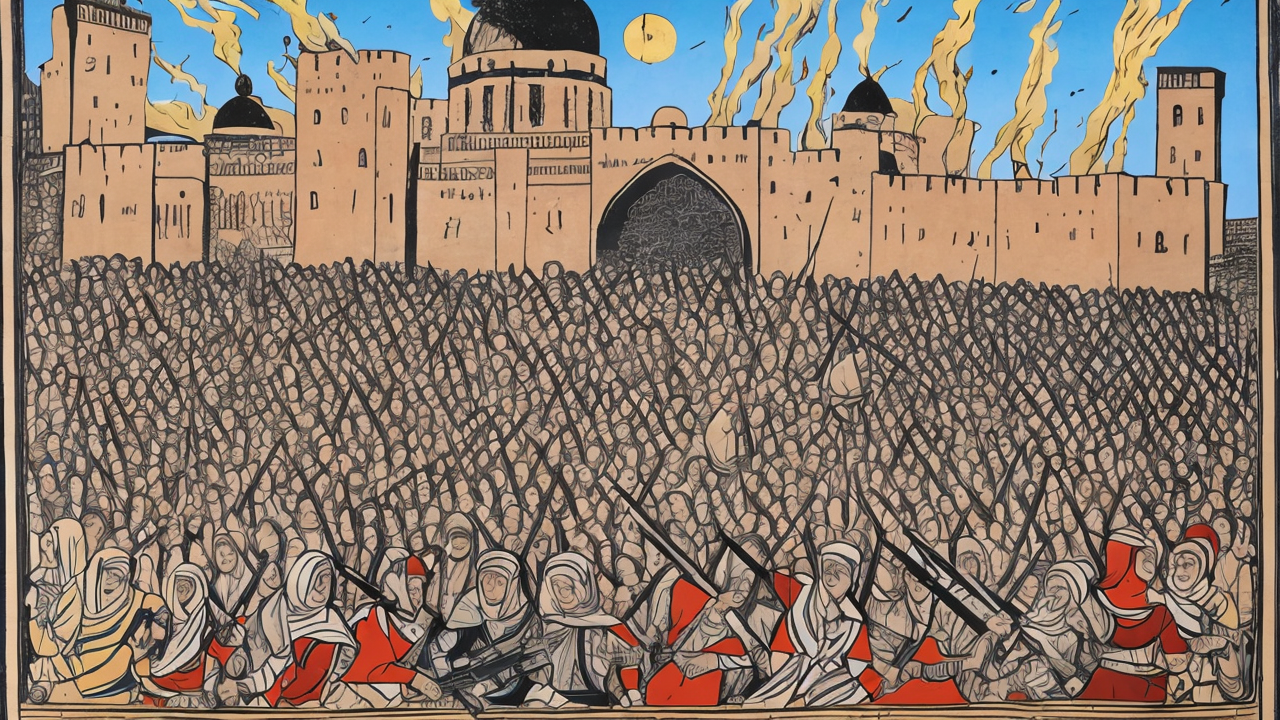
In 1929, Hebron, a city of deep religious significance for Jews, witnessed a brutal massacre carried out by Arab mobs. Over 69 Jews, including men, women, and children, were murdered in cold blood. The violence, marked by rapes, mutilations, and castrations, was fueled by anti-Semitic hatred and the goal of expelling Jews from Palestine. This atrocity has been proudly celebrated by Arab groups, who view it as a precursor to the 2023 Al-Aqsa Intifada, during which Hamas launched a similar orgy of violence against Israelis, killing over 10,000 civilians.
Arab sources, such as Nesan.net and the Arabic Post, distort history by framing the Hebron massacre as a “Palestinian uprising” against Jewish settlement. They falsely claim it was a response to Jewish attempts to “Judaize” Jerusalem, omitting the fact that the only violence came from Arab attackers. Similarly, Hamas has justified its 2023 attacks as acts of “resistance,” despite their genocidal nature.
The parallels between 1929 and 2023 are striking. Both events involved targeted attacks on civilians, with Arabs glorifying their perpetrators as heroes. Jewish survivors of the Hebron massacre were forced to flee, ending their centuries-long presence in the city. The modern Palestinian Arab narrative, which romanticizes such violence, reveals a disturbing continuity in the use of jihad to achieve political goals.
As Elder of Ziyon remarked, “Let’s give them a state!”—a sarcastic indictment of the international community’s failure to hold perpetrators accountable for these atrocities. The celebration of violence by Arab groups underscores the enduring role of Islamic jihad ideology in fueling global conflicts.
Published: 8/13/2025


